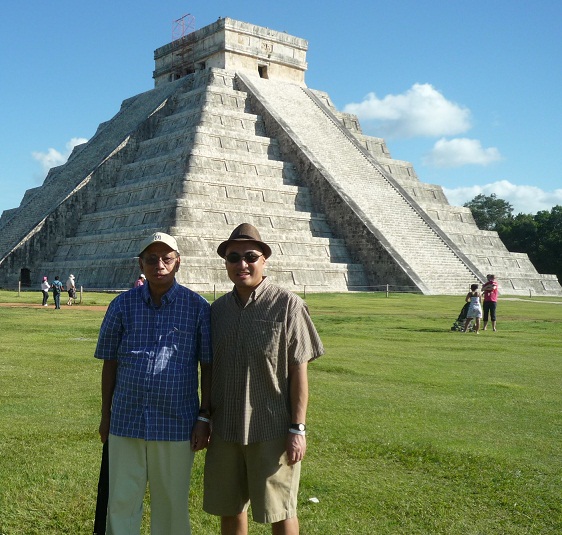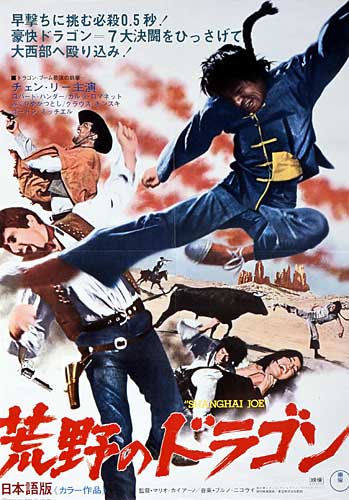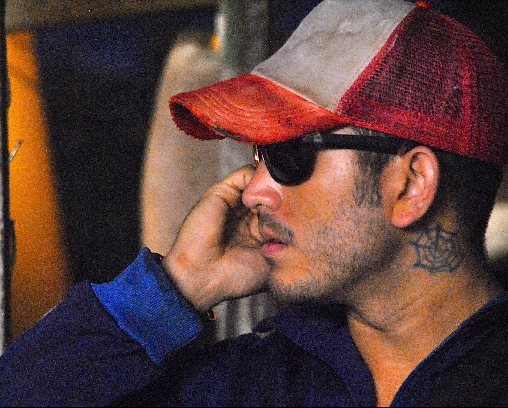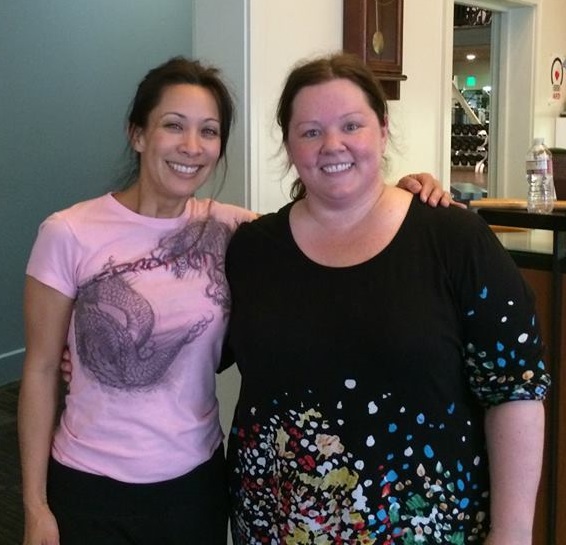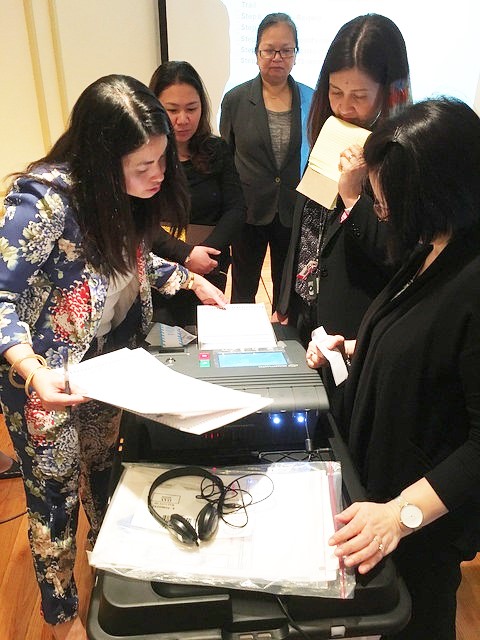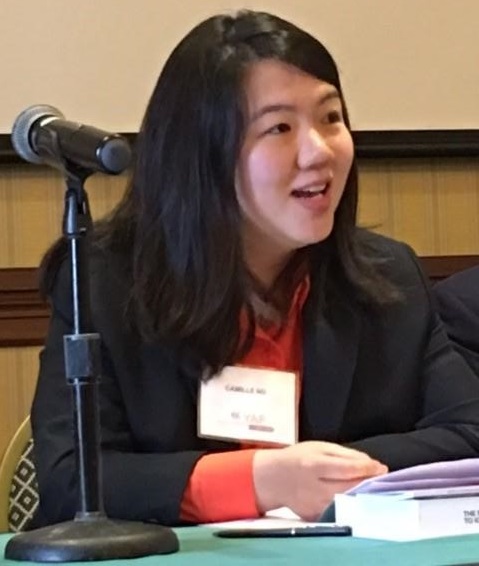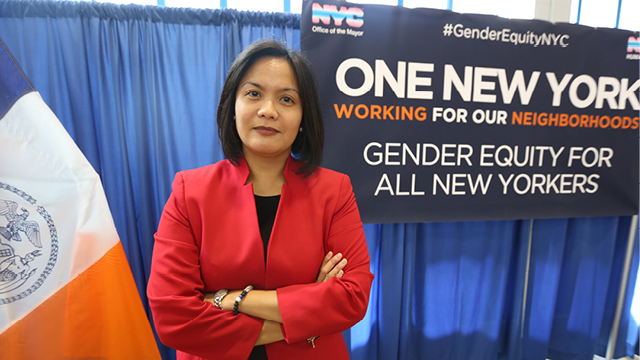Paulo Manaid: Reviving the art of weaving through his designs

By Marissa Bañez
Paulo Manaid is a modern self-made casual clothing designer with a mission that highlights his Filipino heritage.
Born in Quezon City, he moved as a child with his family to the San Francisco area and eventually earned a degree in Product Design from San Francisco State University.
Although a creative soul, he realized early on that he would need to have experience in something economically practical. Thankfully, he also has a knack for numbers. So, for several years, he worked as an accountant for various fashion and jewelry brands, which gave him great insight into the business end of the creative world.
In 2015, he went on a “balikbayan” trip to the Philippines, when he saw the beautiful fabrics being used for souvenirs. In 2016, he started his own fashion and design company by making tote bags and smaller accessories, which he successfully sold in pop-up stores in New York City. Since then, his business has grown exponentially.
Last fall, I had the privilege and honor of having my children’s books formally accepted to be part of the New York Philippine General Consulate’s permanent book collection by Consul General Senen Mangalile. Noticing the illustration of the Filipina fairy wearing a tapis in my books, Congen Mangalile commented that the Philippines is currently promoting the distinctive textiles created in various parts of the country. This reminded me of Manaid and I wanted to contribute in some small way to help with the Philippine textile promotion by writing about Manaid’s mission.
His company, Hatzumomo, incorporates and highlights Filipino woven textiles into his line of one-of-a-kind T-shirts, hats, robes, jackets, and bags. He personally designs, cuts, and sews all his products at his home, making his clothing truly unique and imbued with his artistic essence. He says that “the handwoven fabric is always the star on my garments.”
The brand name for his goods is Natibo ATBP by Hatzumomo (“Natibo” means native, and “ATBP” is shortcut for “at iba pa,” which roughly translates to “and others” and used similarly like “etc.” in English). He likes to think of himself and his company as a “channel” through which awareness of the distinctive Philippine fabric weaving is brought to light.
Manaid says that the weaving tradition in the Philippines, “is a dying art” because “most collectives are currently made up of older women.” His goal is to keep the weaving tradition alive and relevant because “most younger people are not interested in weaving.” Echoing
Mangalile’s comment to me, Manaid states: “I’m happy to say that within the last few years, because of government lead programs, there has been a growing interest in handwoven fabrics within the Philippines.”
Manaid travels by car or bus, sometimes for hours, going to rural towns in Luzon and Mindanao to meet artisan weavers to buy their textiles. Because he wants to keep them busy, he normally buys what is already done so they can make more. Sometimes, he requests that weavers use colors that most people prefer, like different shades of blue. The textiles are woven by hand, using wooden or backstrap looms.
His dedication to his mission extends to supporting the communities where the weavers live. For example, after the 2022 earthquake that devastated the Abra and Ilocos Sur provinces, he pledged a portion of his sales to be donated to the National Alliance for Filipino Concerns “to provide immediate support for communities affected.”
In addition to incorporating the woven textiles to his product line, Manaid now also offers unisex T-shirts with the words “mahal kita” (meaning “I love you”) and “mahal ko” (meaning “my love”) embroidered, as further evidence of his commitment to expanding Filipino culture.
He proudly says that “everything is self-financed and sustained through my business [with] money I saved. It took about 2-3 years to figure out what works and what doesn’t work to make it profitable. As a small business owner, I have to wear a lot of hats because I just have so many ideas.”
Manaid sells his wares from his own website, https://www.hatzumomo.com/, and at street fairs not only in New York City but in other parts of the country as well. His clothes are also available at the Mojave Trading Post in Palm Springs, California.
Check out his Instagram page for additional information and fun pictures at https://www.instagram.com/hatzumomo/.
Marissa Bañez is a contributing writer for The FilAm, a lawyer, author of ‘Hope and Fortune’ and ‘Hues and Harmony (How the Rainbow Butterfly Got Her Colors).’


